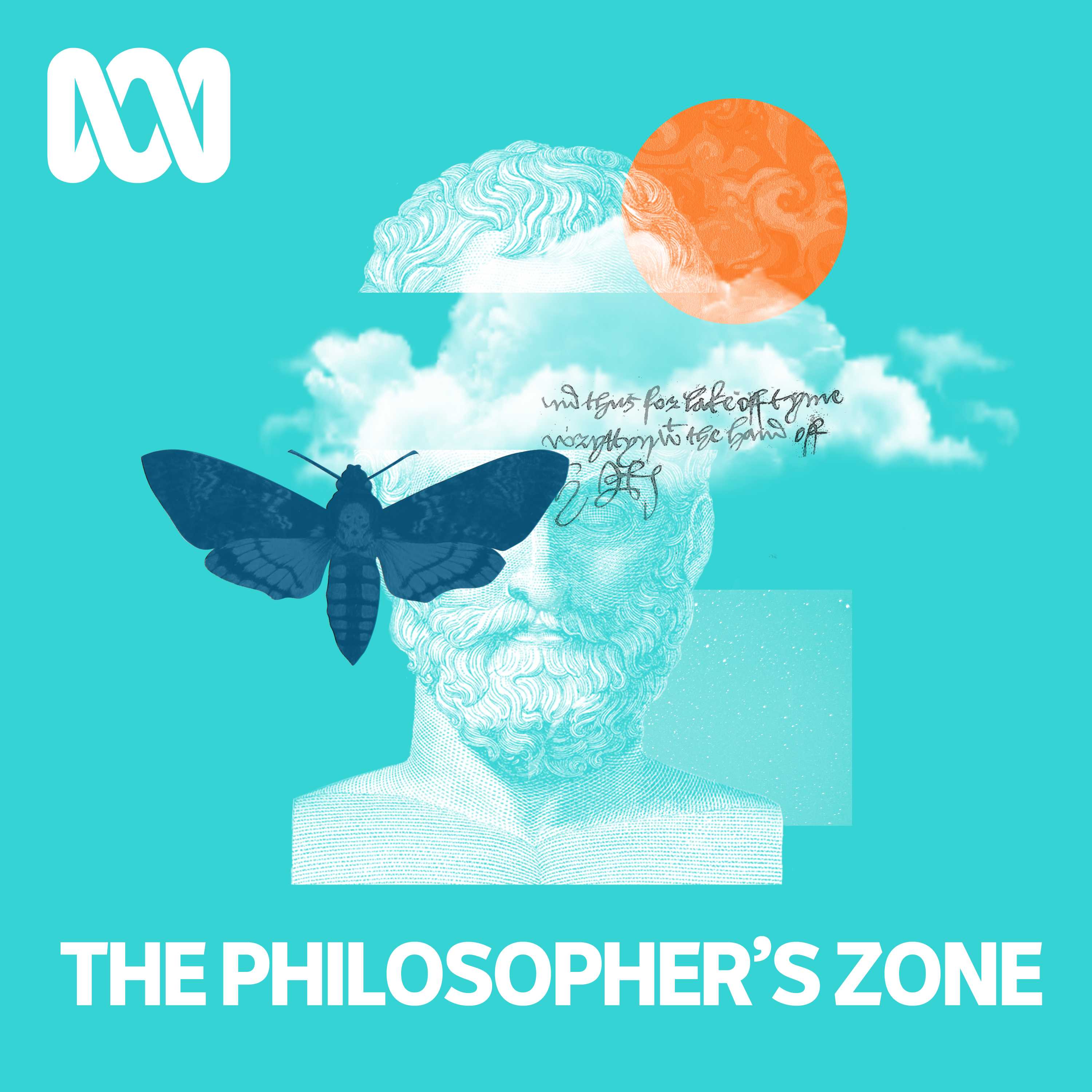

Philosopher's Zone
ABC
The simplest questions often have the most complex answers. The Philosopher's Zone is your guide through the strange thickets of logic, metaphysics and ethics.
Episodes
Mentioned books

Oct 30, 2022 • 30min
How should we treat insects?
Insect farming, we're told by its proponents, is the next big thing in edible protein production, and it may just save the world. But an insect "farm" is more like a manufacturing plant where the tiny organisms are pulped into powder form.What is the moral status of these living things? Can we be sure they're not sentient beings, capable of experiencing pain and suffering? And if we can't be sure, how should we treat them?This program was first broadcast on August 22, 2021.

Oct 19, 2022 • 30min
Philosophy and travel
Modern travel is a commodity: you buy a holiday. But have you ever thought of travel as a philosophical activity? Offering the discovery of new traditions, new perspectives and the acquisition of knowledge, travel should make philosophers of us all. The 19th century was an era in which travel was thought of in this way, and women were out there at the frontiers of discovery. But their independence and daring came at a potentially high cost.

Oct 12, 2022 • 30min
Refugees and moral obligation
Refugees have been with us for millennia, but the modern refugee exists under a distinctively modern set of circumstances. Moral philosophers often fail to take these circumstances into account, and to acknowledge the ways in which the West can be responsible for refugee crises.

Oct 7, 2022 • 30min
How Nietzsche extracts cheerfulness from suffering
Friedrich Nietzsche is popularly regarded as one of the gloomier thinkers, so people are often surprised to learn that he can be very funny. But the humour in his writing is doing serious work: Nietzsche is looking for a way to find joy in the darkest corners of life - and to do it without falling back on what he sees as false Christian comfort.

Sep 30, 2022 • 30min
Trust and scepticism in a post-truth world
How do we know the things we know? The fact is that most of our knowledge comes down to trust - particularly trust in institutions and experts. But in a world where misinformation has become a lucrative industry, how is it possible to trust wisely?

Sep 25, 2022 • 0sec
Satanism
Can a religion be non-theistic, with no God or deity at the centre? It's a question that has exercised philosophers of religion for a long time – but members of The Satanic Temple, which was founded in the USA in 2013, would emphatically say yes. This week's guest expounds some Satanic philosophy, and has a fascinating backstory of his own.

Sep 18, 2022 • 0sec
Housing part 3 - land rights
Familiar ideas about value, ownership and market economics can obscure the fact that there are different ways to think about housing. This week, we're looking at housing through the lens of Aboriginal property development and land rights.

Sep 11, 2022 • 0sec
Housing part 2 - rent
Rent is one of those simple market economy mechanisms that seem very natural, as though it's an organic outgrowth of human society. But in fact, rent has a philosophical history, and one that's been traced in a new book by this week's guest.

Sep 4, 2022 • 30min
Housing pt 1 - care ethics
Your guide throThese days we're increasingly led to think of a house as a commodity. But what does it mean to think of a house as a site of care, rather than an asset in a system of market exchange? This week we're re-centring people in the housing value debate.ugh the strange thickets of logic, metaphysics and ethics.

Aug 28, 2022 • 30min
Values and goals
The recipe for living well is simple: develop a morally sound set of values, formulate goals rooted in those values, and achieve those goals. But beneath this basic formula there lurks a number of tricky questions.


